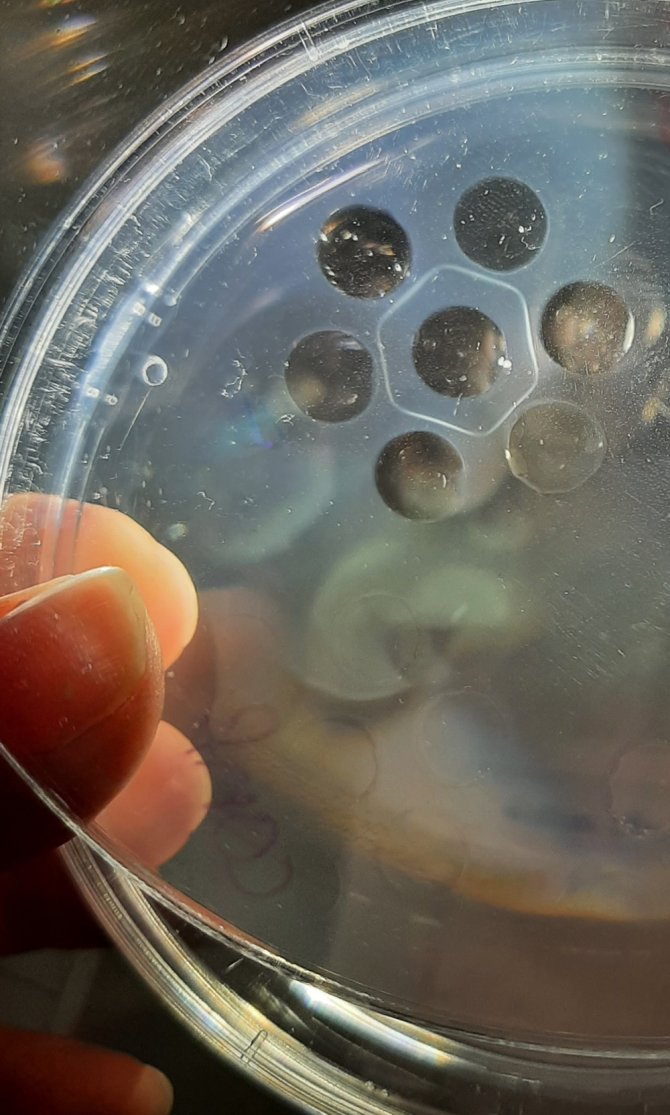
News
Horse in the Netherlands tested positive for equine infectious anaemia
Wageningen Bioveterinary Research (WBVR, part of Wageningen University & Research) has found antibodies against equine infectious anaemia (EIA) virus in a horse sample. The last time the disease was detected in our country was in 2017.
As part of export diagnostics, a serum sample from a horse was offered to WBVR in March. Examination showed that this horse tested positive for equine infectious anaemia virus. After reporting this test result to the Dutch Food and Consumer Product Safety Authority (NVWA), an official sample was taken by the NVWA. This sample also tested positive for antibodies; both in the ELISA test and the Coggins test (also called the AGIDT).
Origin
The tested horse showed no clinical signs. The animal originates from Eastern Europe and has been in the Netherlands for several years now. Equine infectious anaemia is prevalent in the country of origin. The infected horse was euthanized and autopsy was conducted. In addition, samples of the organs were forwarded to the European Reference Laboratory for molecular diagnostics.
The NVWA has since started a tracing investigation and contact horses have been screened for antibodies. No other cases of EIA have been identified so far. In 90 days, contact horses will be sampled again and tested for EIA antibodies. Until then, these horses will remain quarantined at their current locations. The results of the additional tests are expected during the summer.
Disease
Equine infectious anaemia is also known as ‘swamp fever’ (not to be confused with swamp fever - malaria - in humans). EIA is not a zoonosis; people do not get sick from it. EIA is a persistent viral infection in horses caused by a lentivirus, similar to HIV in humans and maedi/visna in sheep. Infected horses remain carriers throughout their lives, making them a source of infection. The virus is transmitted by blood-sucking insects such as hares, or through contaminated needles and blood products.

Export
In the Netherlands, EIA was last detected in 2017 in a horse at a polo horse farm. There may be obstacles in exporting horses to third countries in particular as a result of the now detected EIA infection. Currently, the NVWA can’t issue an EIA-free certificate for the Netherlands. Additional testing for EIA prior to a proposed export may be necessary.
Notifiable
According to European legislation, EIA is a so-called D-E disease. This means that the disease is notifiable and countries are obliged to make efforts to prevent its (further) spread. The government can impose the quarantine obligation and investigation in contact horses under the Animals Act.